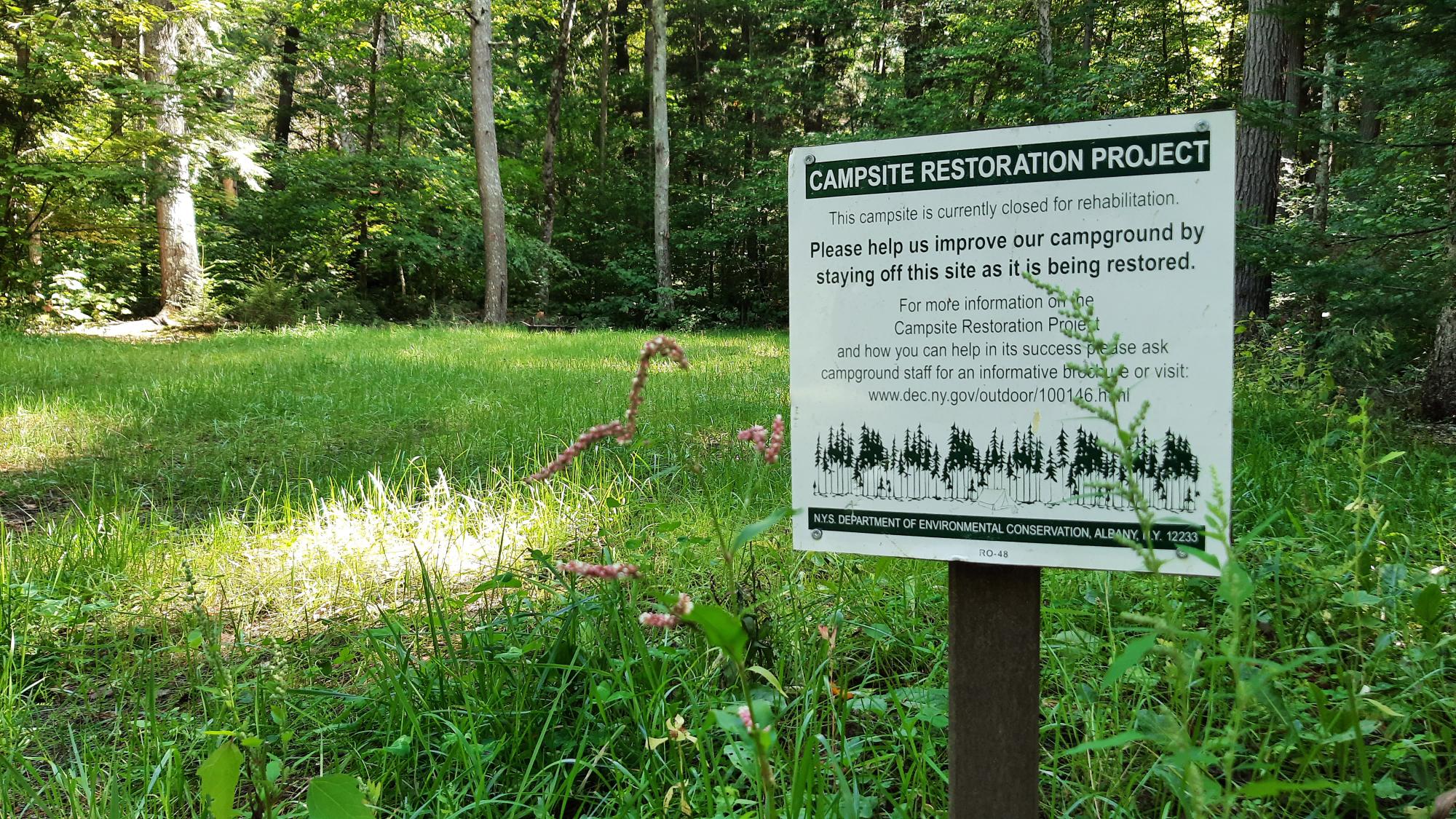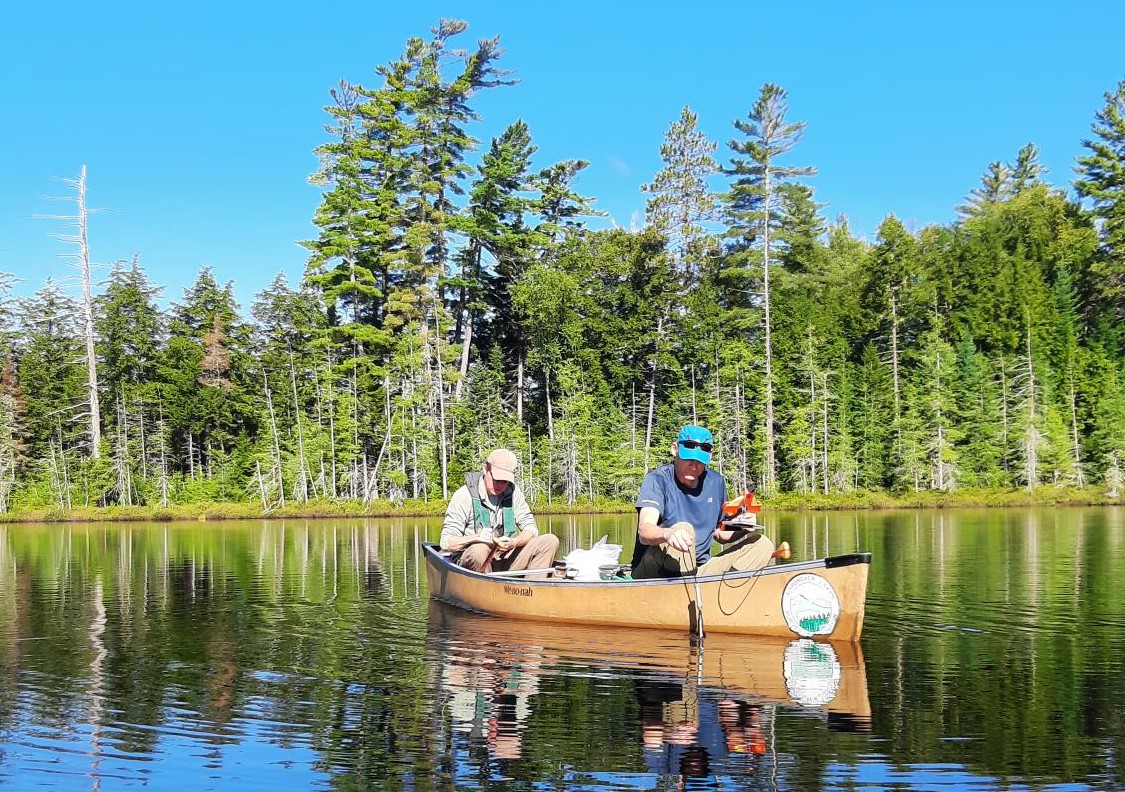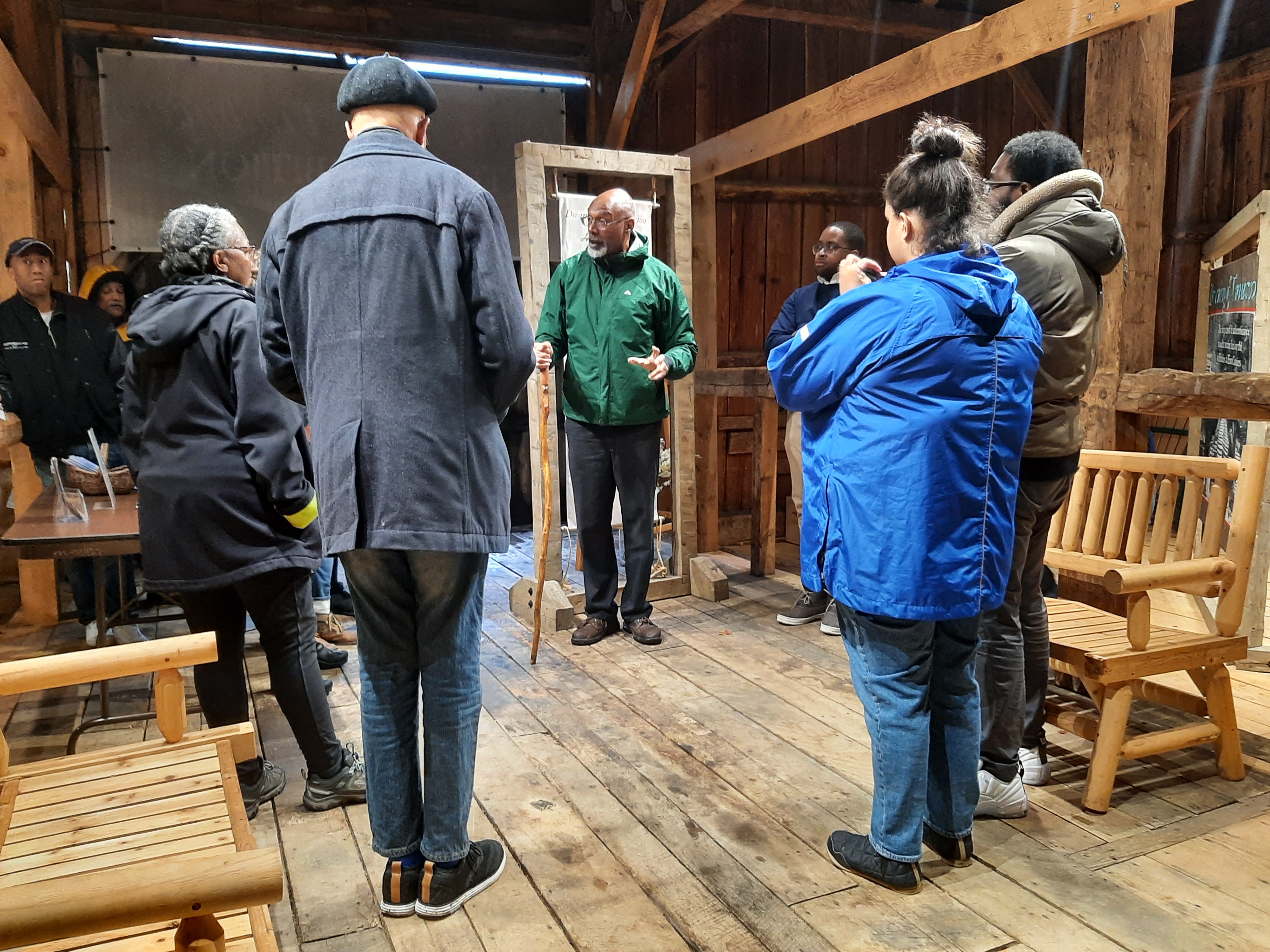
Adirondack Items to Watch for in the 2024 Executive Budget Proposal
By Aimee Privitera – Adirondack Council Legislative Associate
Monday, January 15, 2024
The Adirondack Park faces unique challenges today that were unforeseen as recently as a decade ago; from climate change and an affordable housing crisis to water quality deterioration, road salt pollution, and invasive species infestations. New York stands at a crossroads in its management of the Adirondack Park. The common solution for many of the challenges we face is greater investment in the Forest Preserve and rural communities of the Adirondack Park.
.jpg)
The Executive Budget Proposal, required to be presented by the Governor at the outset of each year, lays out fiscal priorities for the state, many of which will impact the Adirondack Park. A healthy environment and strong economy are not mutually exclusive, but rather, go hand-in-hand. Strategic investments in the preservation of the Adirondack Park are essential to the regional economy and vitality of its communities.
Unfortunately, the state faces a multi-billion dollar budget gap, which means that some difficult choices will need to be made. Budget cuts? Revenue raisers? Delayed investments? Rainy Day Fund? We will find out soon enough. With Governor Hochul’s Executive Budget Presentation expected this Tuesday, January 16th, below is a preview of what the Adirondack Council hopes to see in her budget proposal for fiscal year 2024-25.
The Environmental Protection Fund (EPF)
The EPF is the keystone of New York’s Environmental Budget. The Adirondack Council worked with partners to create this critical fund roughly three decades ago and continues to urge its viability each year. There are countless important categories that need to be funded appropriately. You can learn more about the Environmental Protection Fund and what the EPF does. Two years ago, the Governor led the charge to grow this capital fund to $400 million. We will be watching this year to see that she keeps this program whole.

Survey of Climate Change and Adirondack Lakes Ecosystems (SCALE)
The water quality of Adirondack lakes and ponds reflect the Park’s ecological, economic, and climate destiny. A consortium of non-profit partners and academic institutions have designed a 3-year Survey of Climate Change and Adirondack Lake Ecosystems (SCALE) which has great potential to guide our state’s climate policy looking forward. Researchers will examine how climate change impacts baseline conditions of waterbodies, explore the relationships between climate change and harmful algal blooms, food webs, and mercury bioaccumulation. This data should prove valuable, informing future climate policymaking and guiding strategic investment in Greenhouse Gas reduction and climate resiliency.

The Governor worked with the legislature to provide an initial $500,000 in the FY22-23 budget, and an additional $2 million in the FY 23-24 budget. The initial $500,000 has funded a pilot survey that was carried out this past summer. The results of the pilot will shape the full survey when it is conducted. The Governor has yet to include proposed funding for SCALE in her executive budget proposals, but we are grateful to see that she accepted an appropriation in last year’s final approved budget. The $2 million approved last year will assist with the early phases of the full survey, but additional funding is needed. We are requesting a $3 million allocation for SCALE this year, with funding dedicated to the core team of SCALE consortium partners – Cornell CALS, Rensselaer Polytechnic Institute, the Ausable River Association, and other academic partners.
Clean Water Infrastructure
The Adirondack Council is celebrating the Governor’s State of the State proposal to increase the cap on grants for water infrastructure projects in small rural communities from 25% of the eligible project cost to 50%. The Council played a key role in the push to create the Water Infrastructure Improvement Act in 2017 and has fought to increase the administrative grant cap ever since. This proposal has the potential to be groundbreaking for funding wastewater projects in rural areas, and the Governor’s message highlighted the Adirondacks as the example proving why the grant cap needed to be lifted.
Last year, the Governor completed a commitment made by her predecessor, fulfilling a $5 billion promise for water infrastructure grants. In her State of the State proposal, Governor Hochul affirmed a commitment to continued grant funding for water infrastructure, but what will that mean? Another $500 million? $300 million? Or perhaps the $600 million requested by New York’s clean water coalition? We look forward to learning more on Tuesday.
Fostering Diversity, Equity, Inclusion, and Climate Justice for the Adirondacks
We all must do more to ensure that all New Yorkers are able to enjoy and benefit from the precious resources of the Adirondack Park. The Adirondacks can be a place of respite, a critical resource in fighting climate change, and a place of opportunity for those pursuing green jobs.

We celebrate that New York’s Adirondack Park was a cradle of the early fight for Black suffrage. In that same spirit of opportunity, the Timbuctoo Climate Science and Careers Institute (SCCI) introduces high school students to a broad spectrum of green job opportunities, fostering the next generation of environmental stewards and climate advocates. The first year of this program was a great success, with the SUNY school of Environmental Science and Forestry and CUNY Medgar Evers hosting 41 students from the Bronx, Queens, and Brooklyn in the Adirondacks. The program sees an opportunity to grow stronger in the coming year, while working within its existing budget framework. We were grateful to see Governor Hochul propose $2.1 million for the Timbuctoo SCCI last year and are optimistic that she will propose the same amount once again this year.
The Adirondack Diversity Initiative (ADI) works to make the Adirondack region more welcoming and inclusive to all New Yorkers. ADI currently benefits from a $420,000 appropriation in the Aid to Localities Budget. Along with many other ongoing efforts, ADI provides critical anti-bias training to Environmental Conservation Officers, and that work continues to expand and grow stronger. A new Micro-Credential program focused on welcoming and belonging will launch in January 2024, and an ADI symposium will be hosted every other year. The Governor has consistently supported the growth of this program in recent years, and we’re hopeful that she will back a $420,000 appropriation this year.
The Adirondack Experience (ADKX) plans to create a major permanent exhibition dedicated to the untold story of African Americans and their experiences, past and present, in the Adirondacks. The 2,500-square-foot African American Experience in the Adirondacks exhibition will include hands-on, interactive features to engage 21st-century audiences. The exhibition will provide a focus for encouraging Black, Indigenous, and People of Color (BIPOC) communities to visit the region. We will be monitoring to see whether the Governor includes funding for this $2 million project as it works towards a 2026 launch.
The Adirondacks play a vital role in the lives of countless wildlife species and the well-being of millions of people. We will be watching on Tuesday to see if Governor Hochul’s Executive Budget Proposal reflects the ongoing importance of the Adirondack Park.
Looking for more ways to get involved with the Council?




